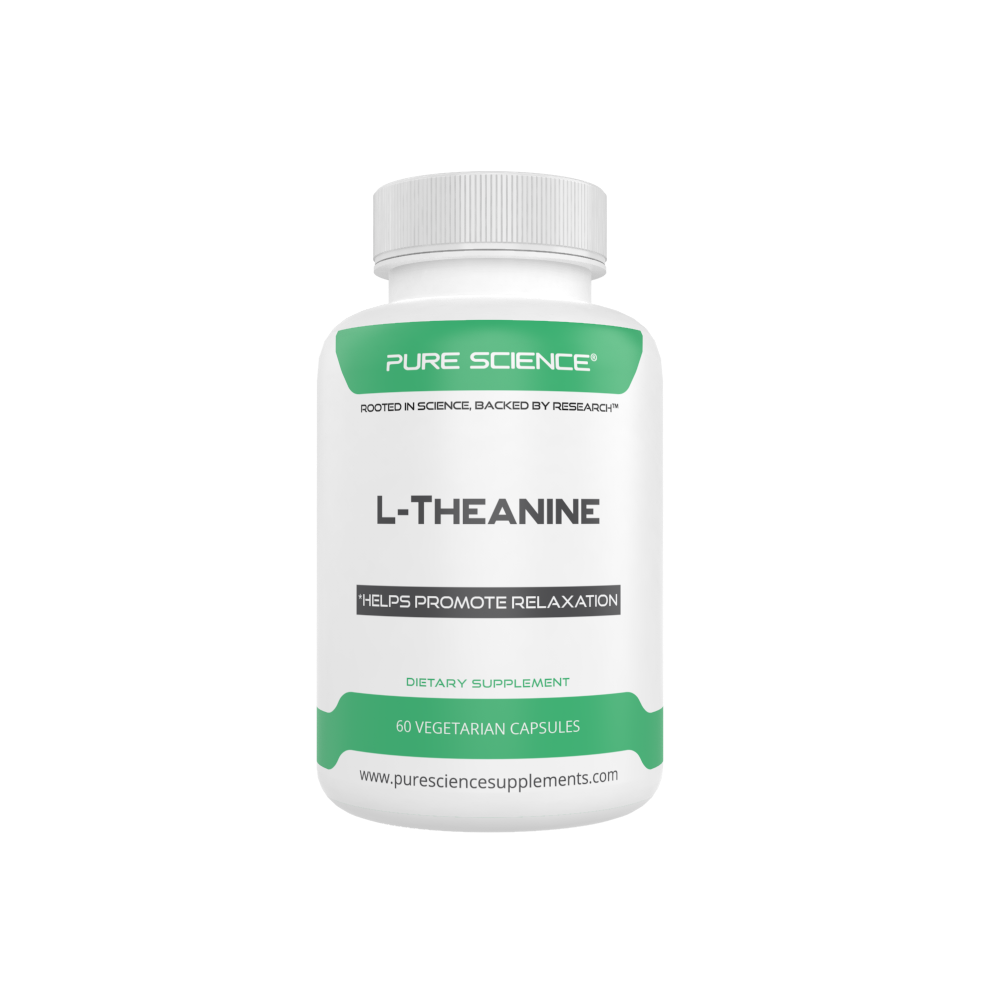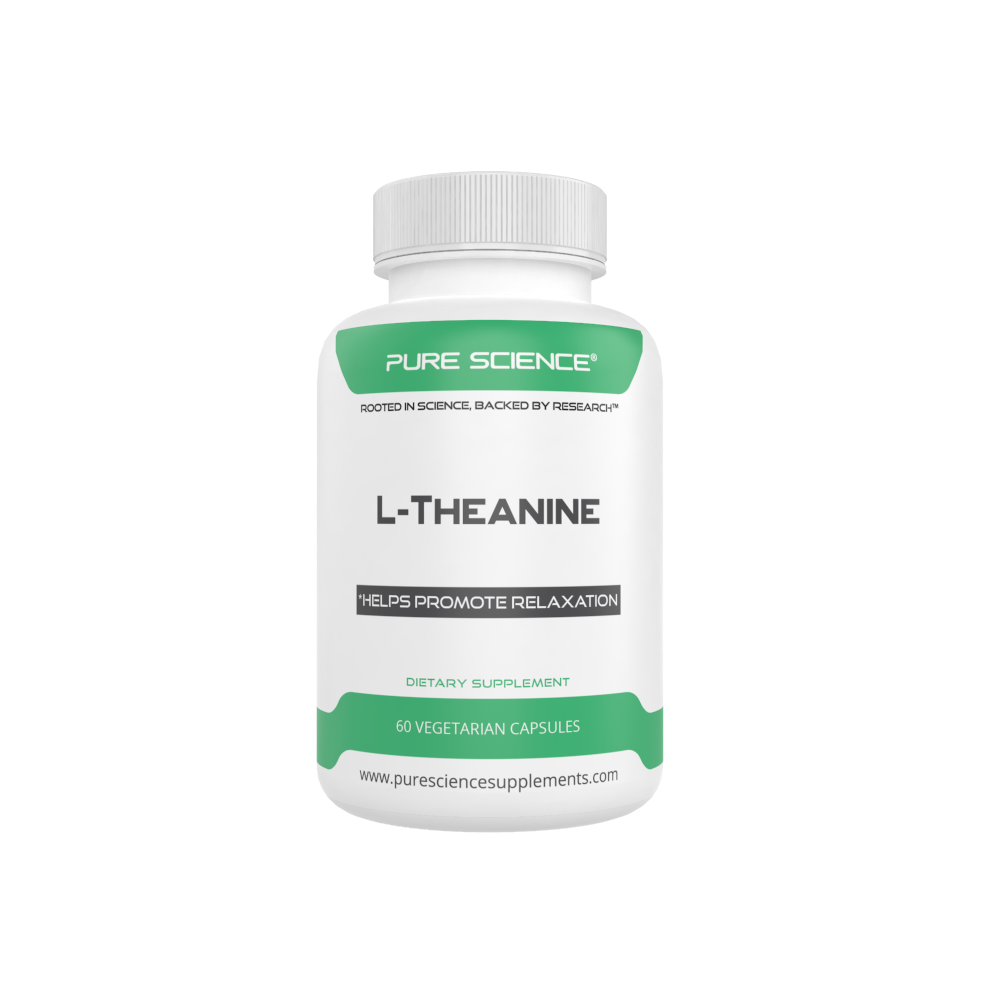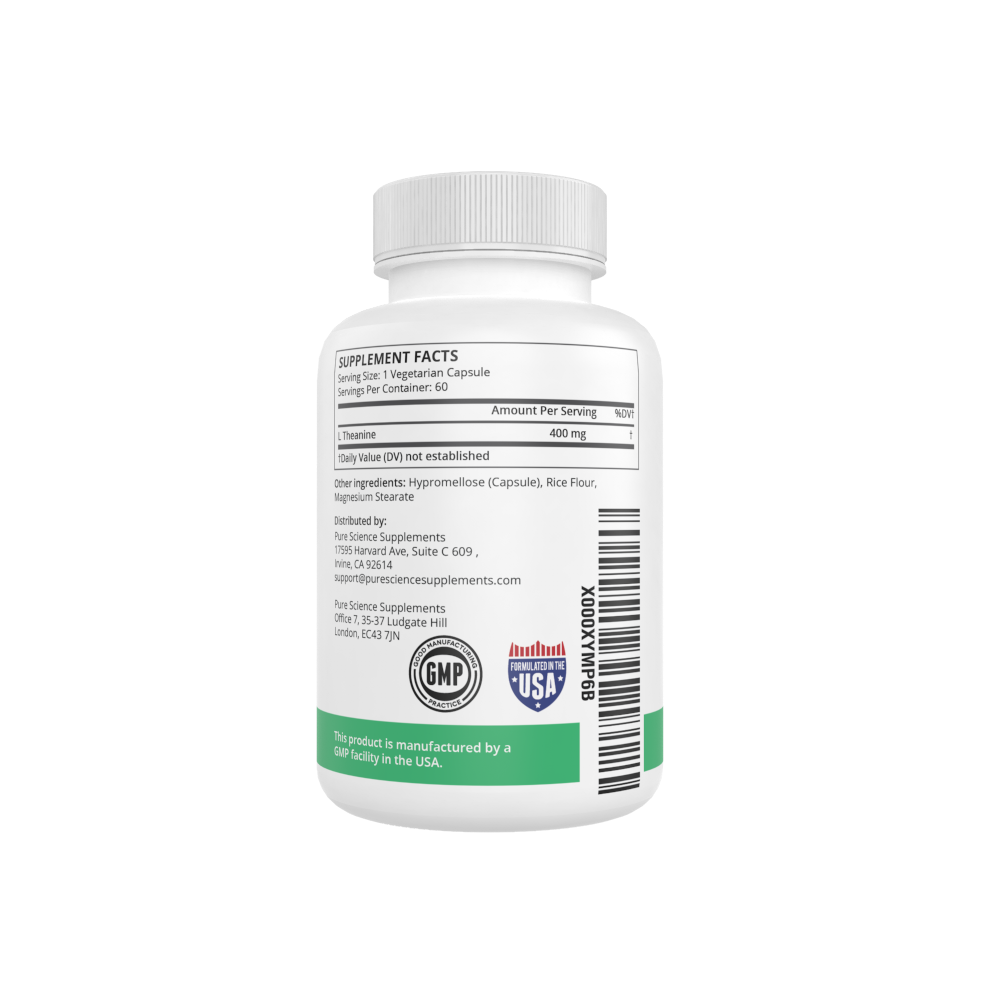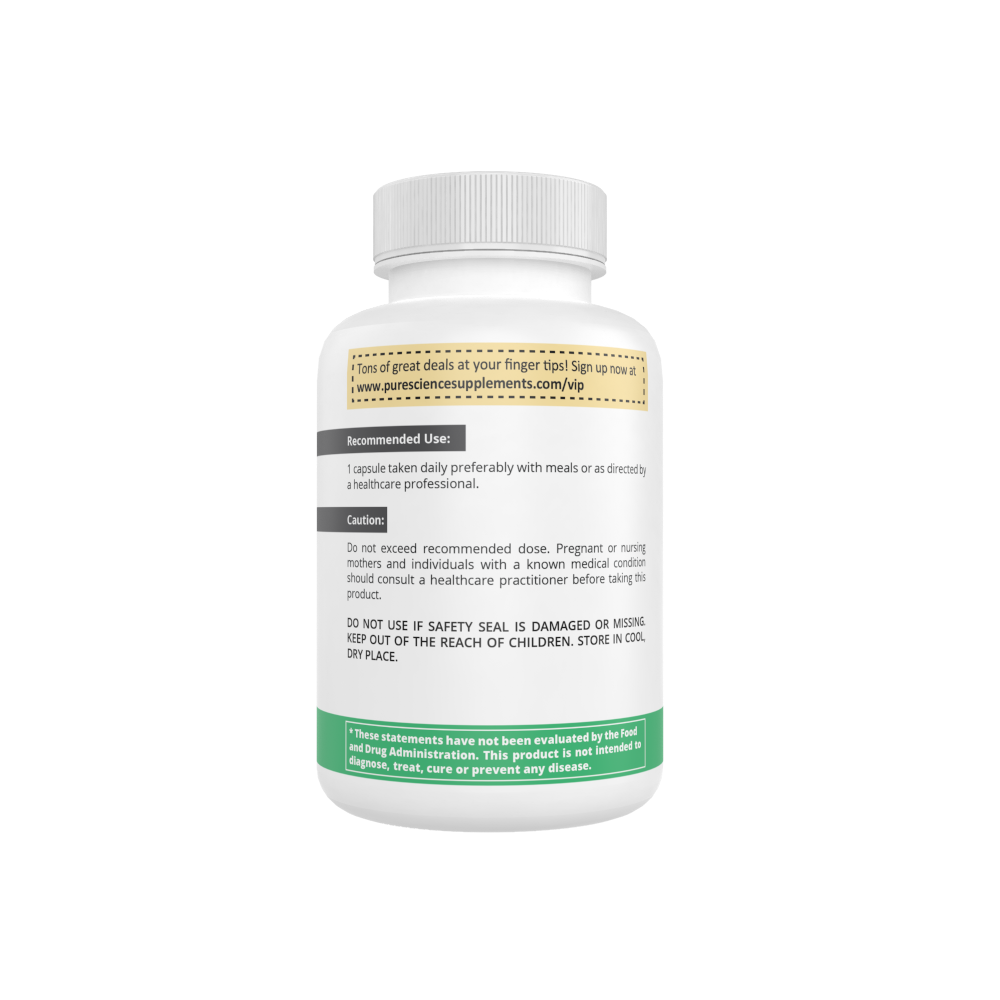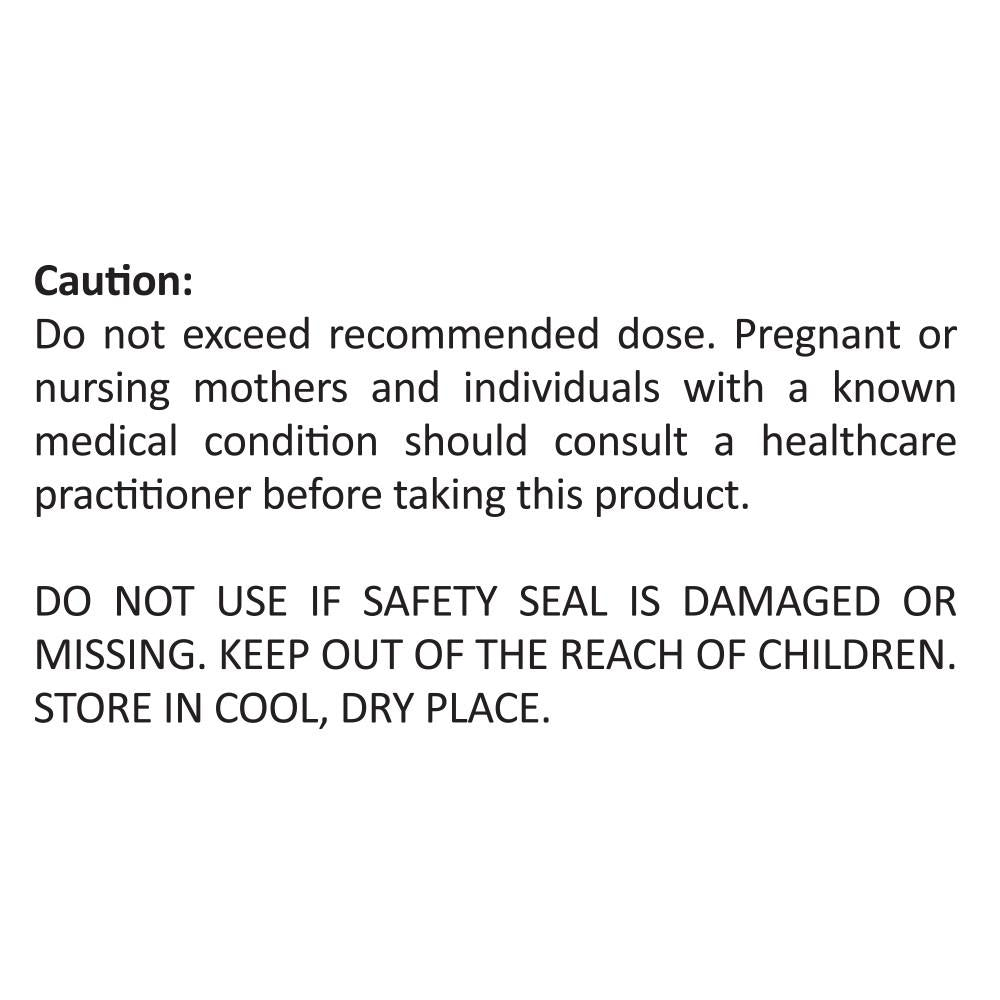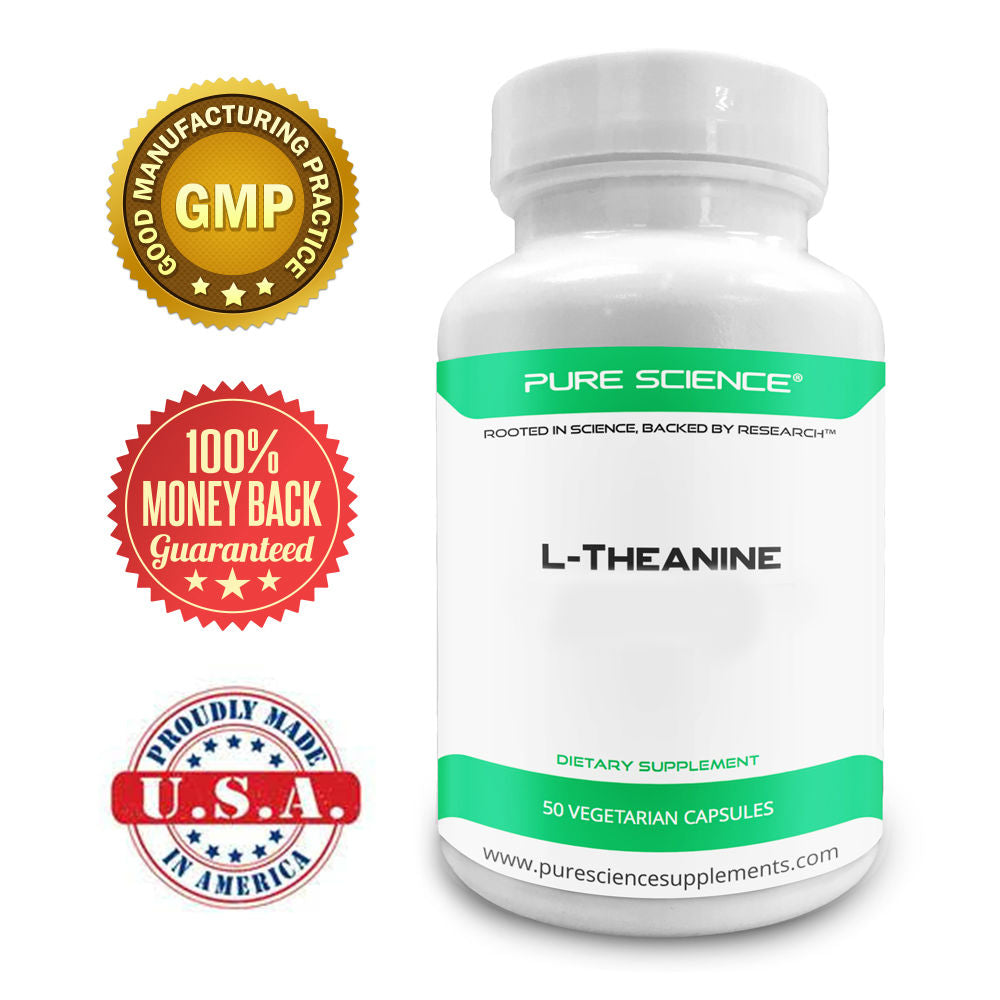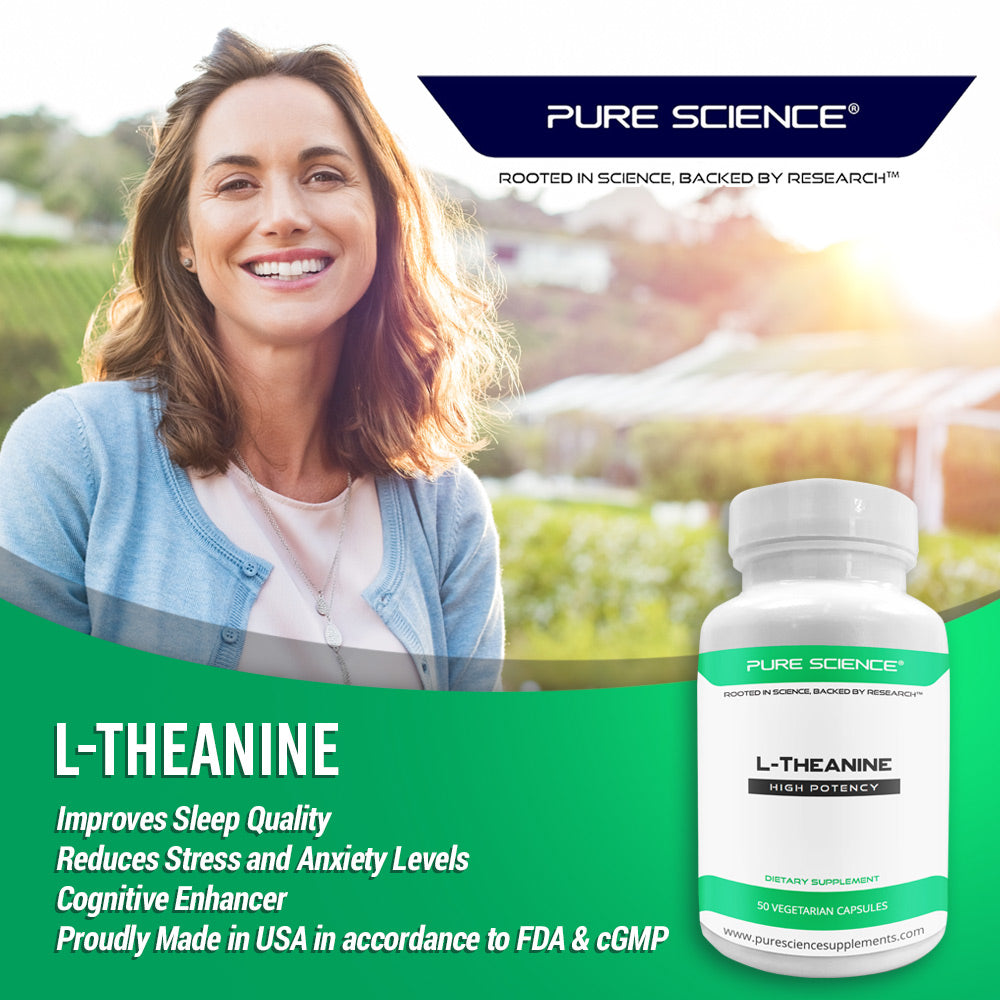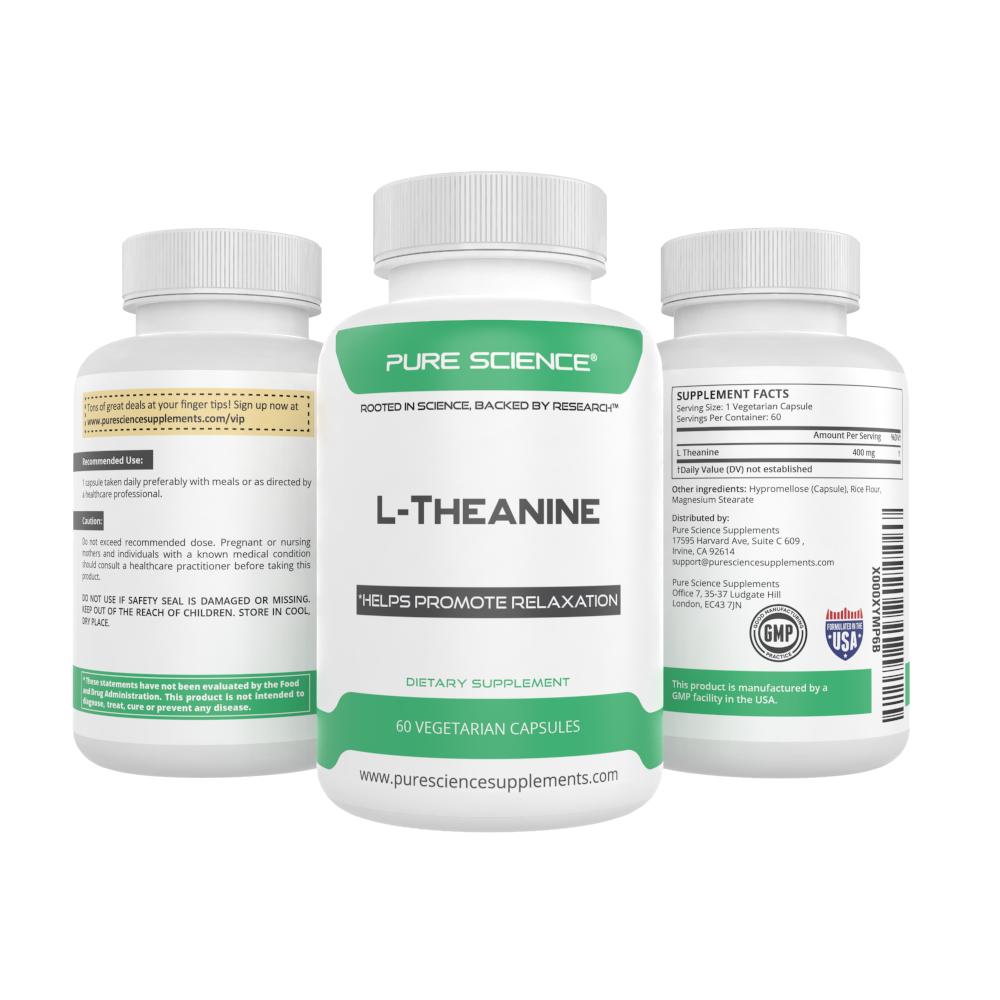Neuropathic pain is a chronic condition characterized by abnormal pain perceptions that are brought on by illness or nervous system damage. It frequently feels like a burning, shooting, tingling, or numb sensation and can be incapacitating. It can affect any part of the body and manifest itself in a variety of ways, including post-herpetic neuralgia, spinal cord injury pain, and diabetic neuropathy.
One of the most challenging aspects of neuropathic pain is how difficult it is to diagnose and manage. Neuropathic pain patients frequently discover that traditional pain relief options like opioids and non-steroidal anti-inflammatory drugs (NSAIDs) are insufficient. Sometimes, these medications actually make the symptoms worse. As a result, there are few solutions available for neuropathic pain relief for many patients.
Neuropathic pain can significantly affect a person's daily activities, sleep, attitude, and overall quality of life, making it difficult for them to work, socialize, or just take pleasure in their regular routines.
L-theanine is one dietary supplement that may be able to relieve neuropathic pain as a result of the high demand for novel complementary therapies.
History
In 1949, L-theanine was initially isolated from tea leaves by Japanese researchers. Since then, a great deal of research has been done on its effects on stress, anxiety, and brain function. However, research into the pain-relieving properties of L-theanine is a relatively new topic.
How it works
L-theanine is thought to work through a number of physiological systems, while the exact mechanism by which it lessens neuropathic pain is still not fully known.
First, L-theanine has been shown to have an impact on a number of brain neurotransmitters, including GABA, dopamine, and serotonin. These neurotransmitters play a crucial role in regulating mood, anxiety, and pain perception. By increasing the levels of these neurotransmitters, L-theanine may help to reduce the experience of pain and improve mood.
Second, L-theanine may also reduce inflammation in the neurological system. Inflammation of the nerve system is frequently present with neuropathic pain, which can exacerbate it. Because L-theanine has anti-inflammatory properties, inflammation can be controlled in order to lessen discomfort.
Additionally, L-theanine seems to promote relaxation and improved sleep, which may aid in pain management as adequate, high-quality sleep is essential for hastening recovery and reducing pain.
L-theanine also interacts with adenosine receptors, a neuromodulator that regulates inflammation and pain. By interacting with these receptors, it is theorized that L-theanine can reduce pain signaling in the nervous system.
It's also crucial to keep in mind that L-theanine can enhance the effects of caffeine when taken with tea, which may help explain how well the compound relieves pain. To fully understand L-effects theanine's when taken as a standalone supplement rather than only as a component of tea, additional research is needed in this area.
Studies and result
Numerous studies have been conducted to find out how well L-theanine reduces neuropathic pain. In a 2018 study with 120 participants that was published in the Journal of Pain Research, it was shown that giving people with diabetic neuropathy 200 mg of L-theanine daily for 8 weeks significantly reduced neuropathic pain and improved sleep.
In a 2019 study with 40 participants, which was published in the Journal of Clinical Neurology, it was discovered that L-theanine could reduce the intensity of pain and improve quality of life. Another type of neuropathic pain that was the subject of this investigation was peripheral neuropathy. Participants in this study got 200mg of L-theanine twice daily for a period of 12 weeks.
L-theanine was used in both studies at a daily dosage of 200mg. Despite the studies' limited sample sizes, the results are promising and call for more research with a larger sample size to confirm the results.
L-theanine, although recognized as an alternative medicine, is still being studied to determine the best dosage, frequency, and length of treatment for neuropathic pain. However, preliminary results from this study suggest that L-theanine may be a beneficial option for those with neuropathic pain who are searching for alternatives to traditional pain management methods.
Although L-theanine is generally regarded as safe, you should consult a doctor before beginning any new supplement to ensure that it is right for you and to hear about any potential interactions with any medications you are taking.
Recommended Dosage
Around 200 mg of L-theanine per day is the suggested dosage for treating neuropathic pain. To make sure a supplement is right for you and to learn about any potential conflicts with other medications you are taking, it is advised that you consult a healthcare practitioner before beginning any new supplement.
Conclusion
A natural substance called L-theanine has the potential to reduce neuropathic pain. According to studies, it can dramatically lessen discomfort and enhance quality of life for those who are dealing with this ailment. L-theanine is a possible alternative to conventional pain relief methods, which frequently have unfavorable side effects. More research is necessary to completely understand how L-theanine functions and to find the best dosages, but for now, it is a promising treatment.
Reference
- Journal of Pain Research 2018, 11, 2053–2062
- Journal of Clinical Neurology 2019, 15(2), 185–191





